Once there was Perseas(Perseus). And his story was one of terror and triumph, of monsters and mortals, of gods watching from above and destiny pressing from every side.
The Quest for the Gorgon Medusa
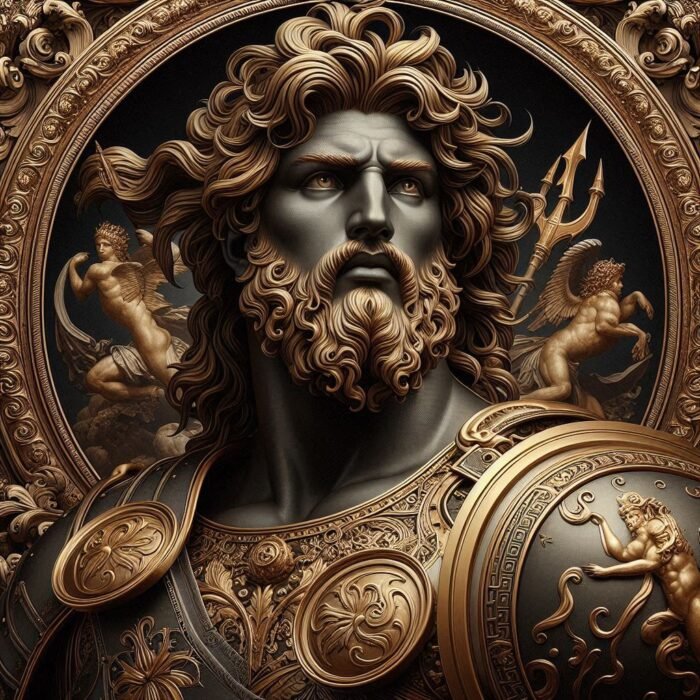

Perseus, son of Zeus and the mortal Danaë, was not born to a quiet life. From the moment he drew breath, the threads of fate wound tightly around him. His first true trial would come in the form of Medusa, the Gorgon whose gaze turned men to stone. Her sisters, Stheno and Euryale, immortal and fearsome, guarded her in a labyrinth of shadow and jagged rock, where no ordinary man could tread.
Equipped with divine gifts—a mirrored shield from Athena, winged sandals from Hermes, a sword of sharpest steel, and Hades’ helm of invisibility—Perseas(Perseus) set out. His heart was heavy, for he understood the weight of what he must do. To slay Medusa was not only to claim victory but to face the embodiment of terror itself.
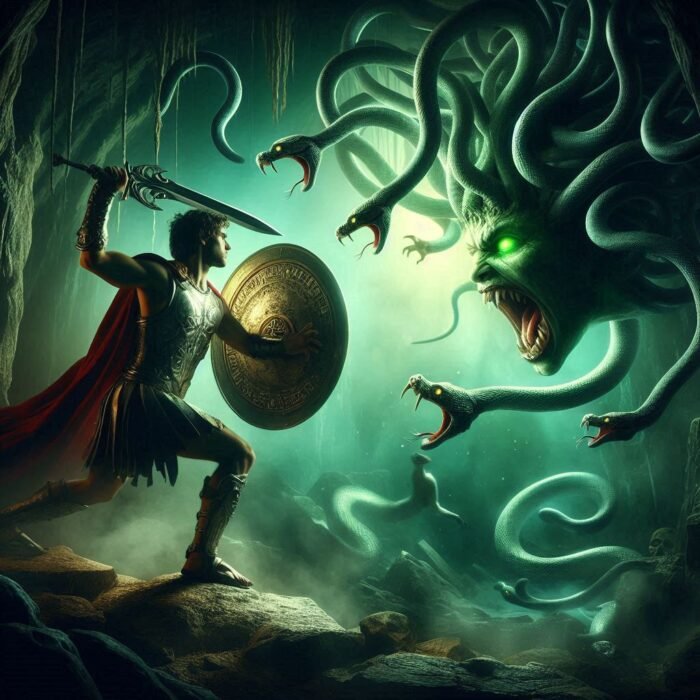

As he approached her lair, the air thickened with a sickly, serpentine odor. The hissing of countless snakes blended with the silence of stone stillness, and Perseas(Perseus) felt the eyes of Medusa upon him, though he dared not look directly. Each step was measured, each breath deliberate, until finally he beheld her reflection in the polished shield. There she was: serpents writhing atop a pale, cold head, eyes that could shatter mountains if glanced upon directly.
With careful precision, Perseas(Perseus) struck. The sword flashed, the air seemed to crack, and Medusa fell, silent at last. He severed her head, binding it carefully, knowing its power would yet be needed. The lair seemed to exhale, as though the very stones had been holding their breath. Perseas had survived the impossible.
A Kingdom in Peril
Flying over the vast seas on Hermes’ winged sandals, Perseas(Perseus) carried the severed head of Medusa as both trophy and weapon. His journey home was interrupted when he spied a woman chained to a rock by the seashore—Andromeda, daughter of King Cepheas and Queen Cassiopeia of Ethiopia.
Her mother’s vanity had invited Poseidon’s wrath. Boasting that her beauty surpassed even the sea nymphs, Cassiopeia had brought calamity upon her kingdom. A monstrous sea serpent now ravaged the coast, and Andromeda was offered as sacrifice, her life tied to the jagged cliff’s edge while the waves crashed violently below. Her hair whipped in the wind, her eyes were wide with terror, and her chest rose and fell with frantic desperation.
Perseas(Perseus) observed from above. The monster emerged, colossal and serpentine, its scales glinting like black ice, eyes like molten gold. Waves shattered upon the rocks as it lunged toward her, a living embodiment of Poseidon’s fury.
The Hero’s Courage
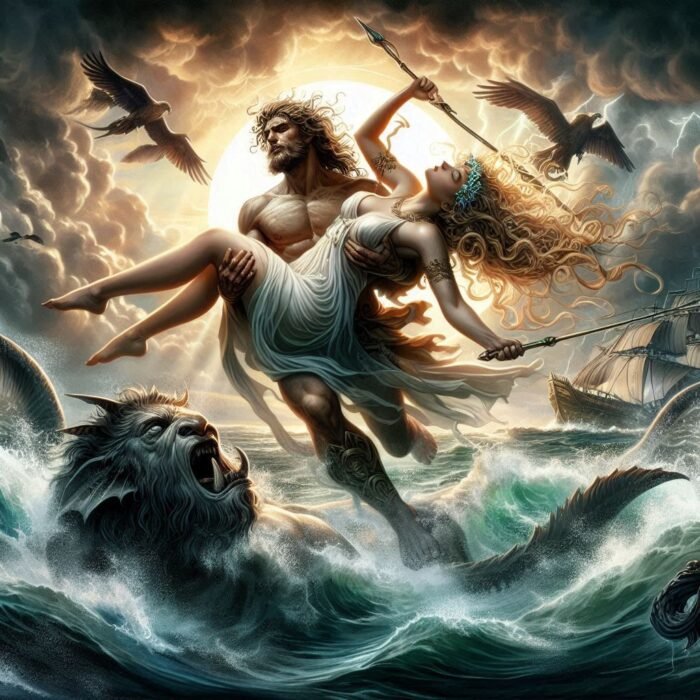

Perseas(Perseus) descended, shield in hand, sword at the ready. He waited, studied the creature’s movements, and used the mirrored surface to avoid its deadly gaze. Each strike was calculated, each dodge precise. The monster thrashed, but Perseas’ courage never wavered. Finally, with a swift, decisive blow, he drove the creature back into the abyss, leaving a trembling but living Andromeda.
When their eyes met for the first time, words were not needed. Awe, relief, and an unspoken understanding passed between them. Perseus freed her chains, helping her down from the jagged rocks. For a brief moment, the world felt still: the storm abated, the sea calmed, and the gods themselves seemed to watch in quiet acknowledgment.
The Weight of Destiny
Their return to Ethiopia was triumphant but not without a shadow. Andromeda’s kingdom whispered of the foreign hero who slew the serpent, and Perseas’(Perseus) actions—though heroic—were intertwined with death and fear. Medusa’s head, still bound in a bag, retained its power. Perseus had not only claimed victory over a monster but had also carried a reminder of mortality and vengeance.
The two married, uniting heroism with royalty. Yet even in celebration, Perseas(Perseus) remembered the labyrinthine lair, the serpents, and the lifeless gaze of Medusa. Andromeda, though saved, bore the weight of her mother’s vanity and the destruction it had wrought. Together, they carried both joy and consequence, a reminder that heroism is never free of cost.
Legacy Among Gods and Men
From constellations in the night sky to countless artworks and literature, the tale of Perseas(Perseus) and Andromeda endures. Medusa’s head became a symbol of terror and protection, a relic both feared and revered. Andromeda’s chains, though broken, remain a reminder of beauty’s dangers and divine retribution. Perseus’ courage is celebrated, but it is the merging of action and consequence, of love and duty, that gives the story its power.
Theirs is a tale of monsters and mortals, of divine favor and mortal courage, of choices that echo across generations. And as the stars glimmer in the night sky, one can still trace the Gorgon’s head, the hero’s flight, and the chained princess who became a queen—not merely in legend, but in the very fabric of myth itself.
Back to Greek mythology


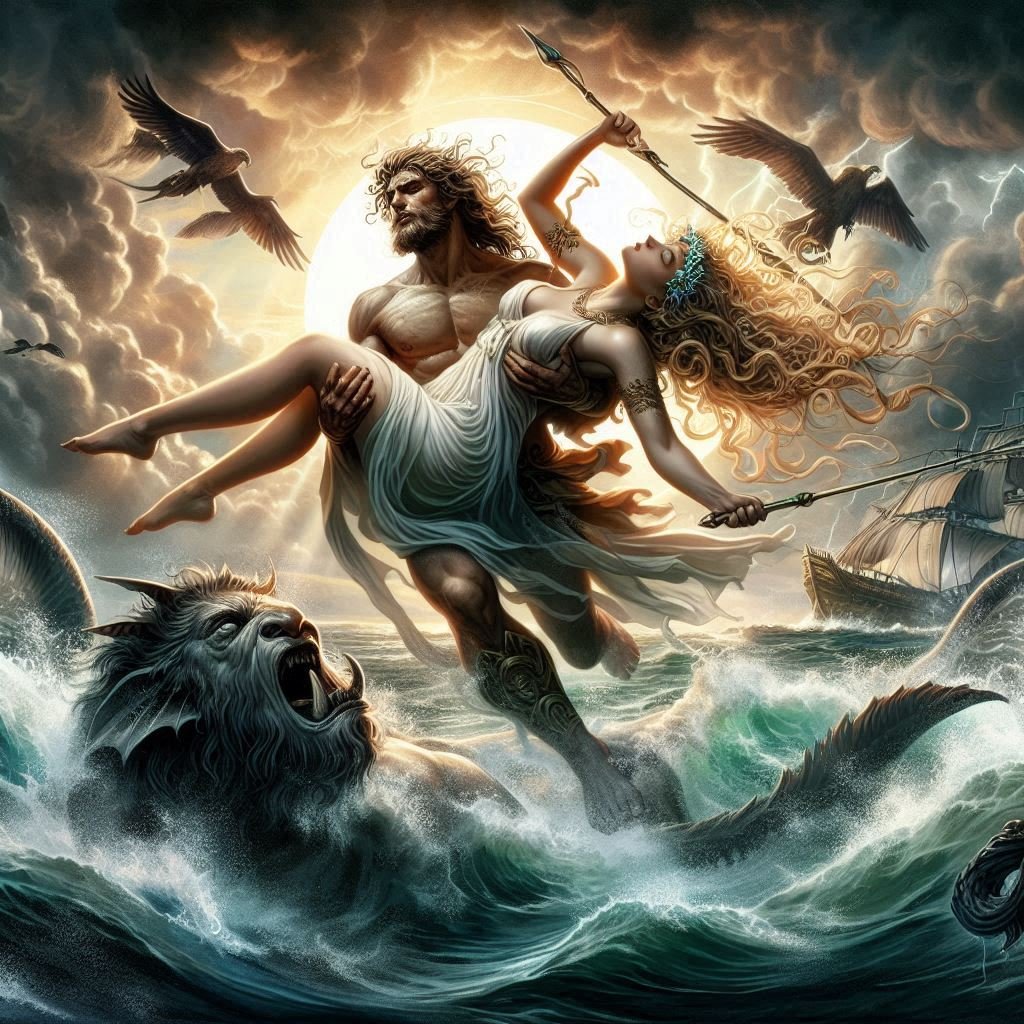


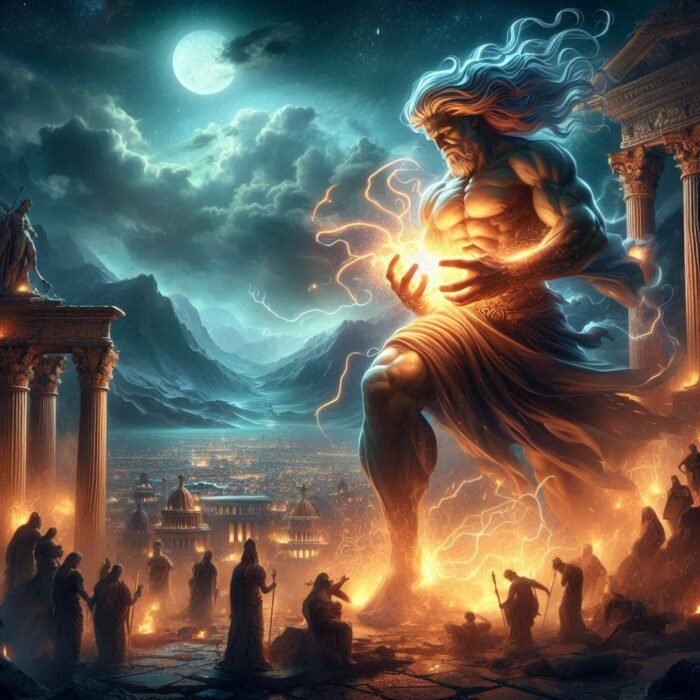
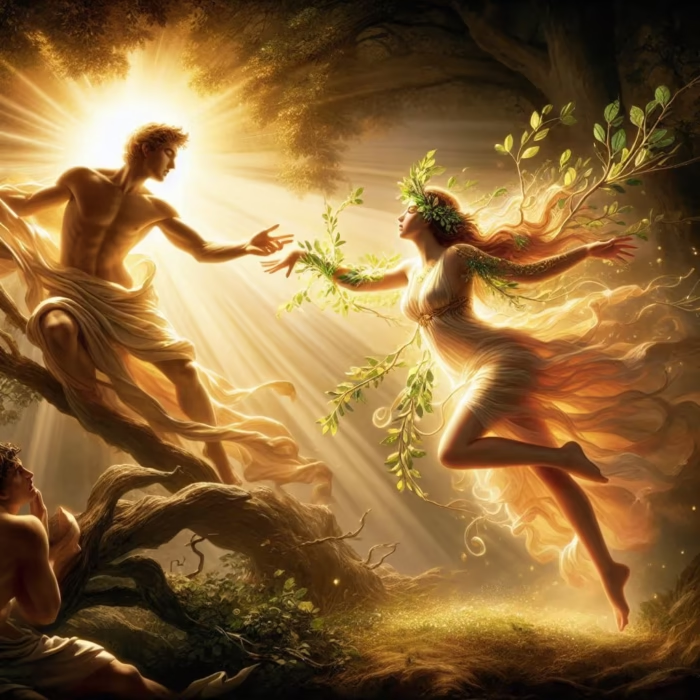


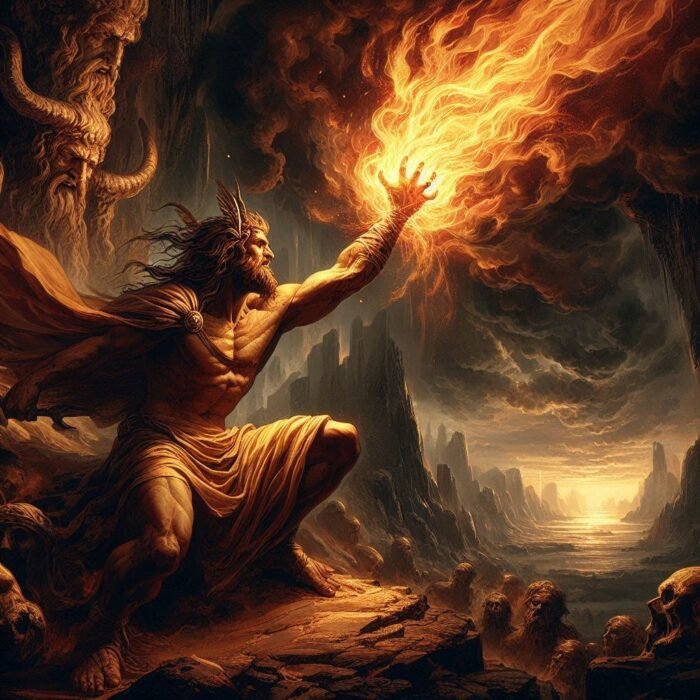

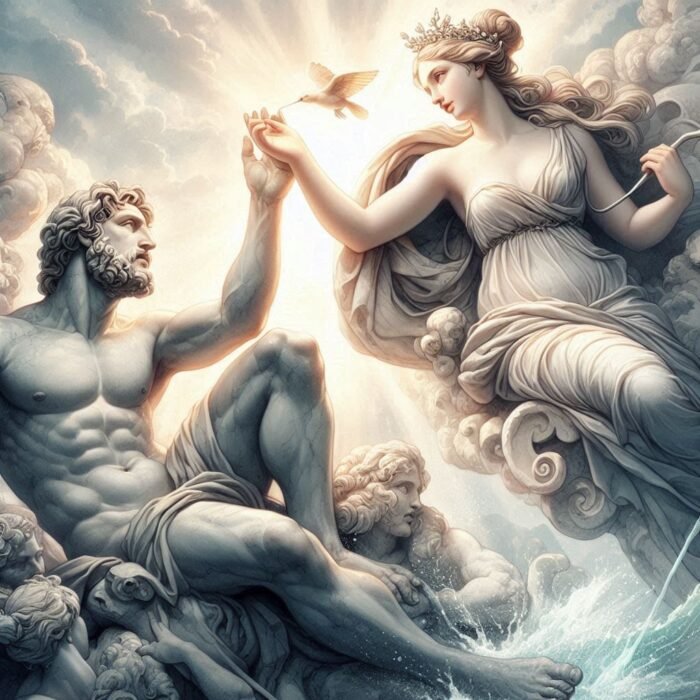
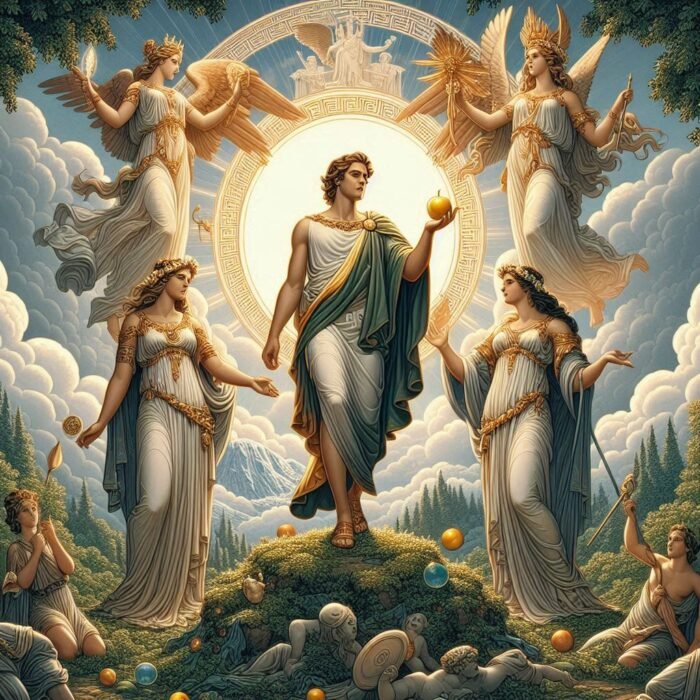

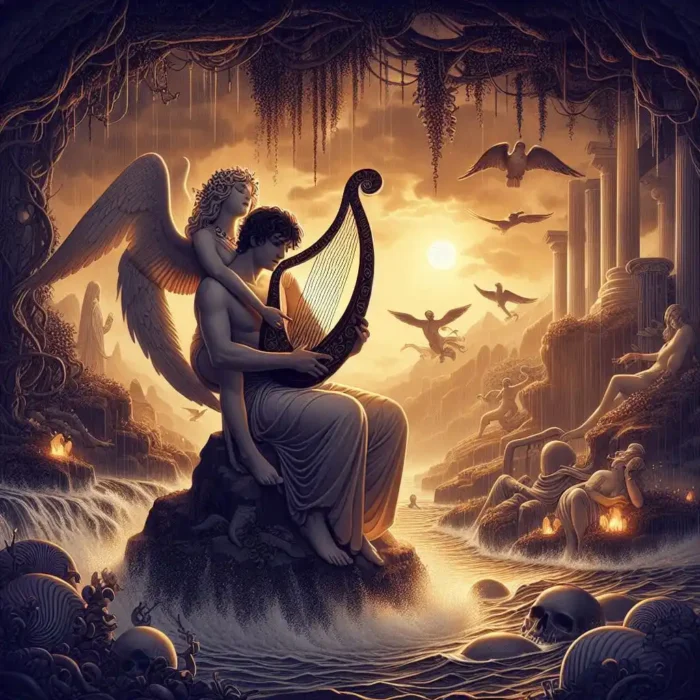
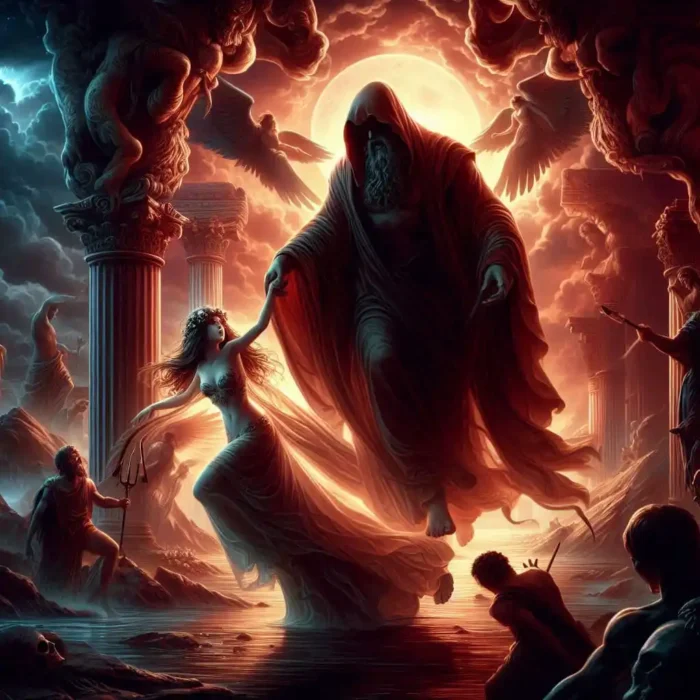
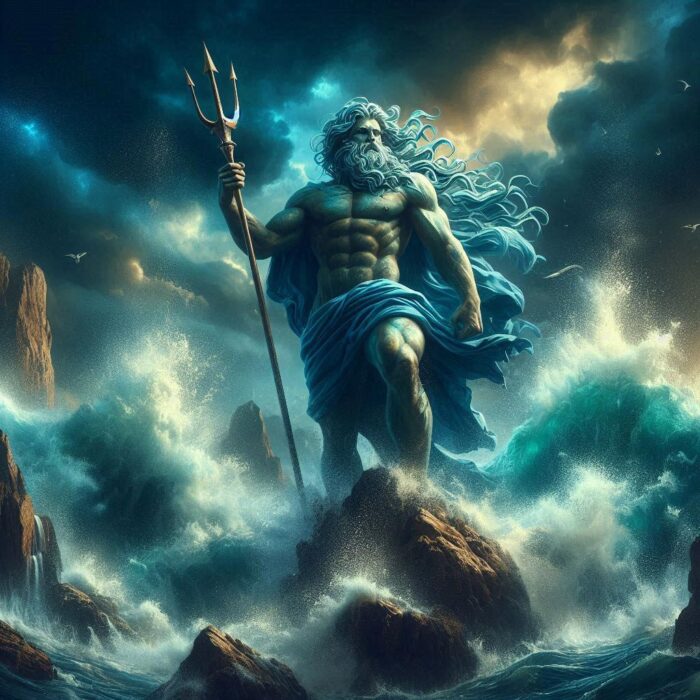

Comments